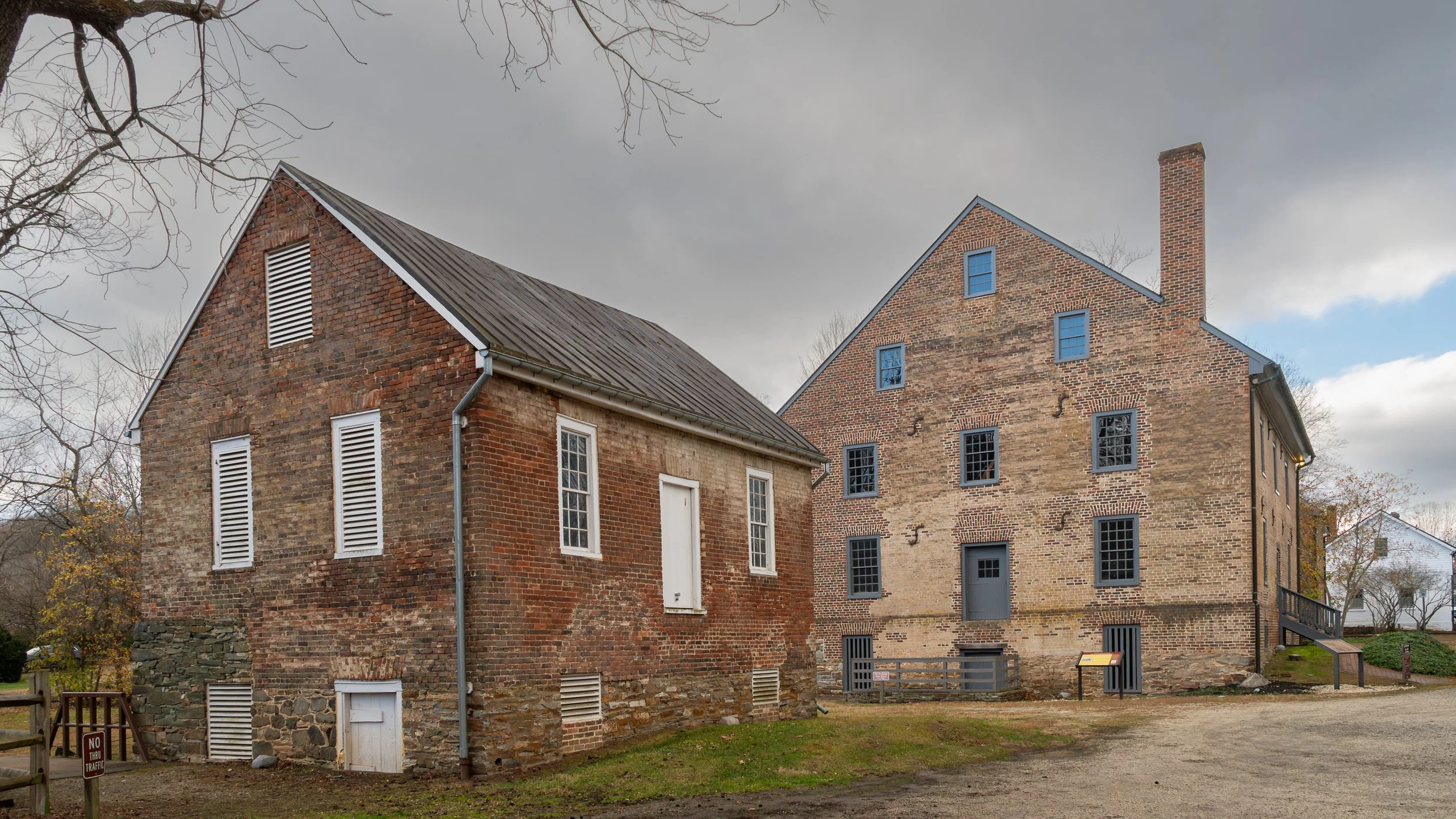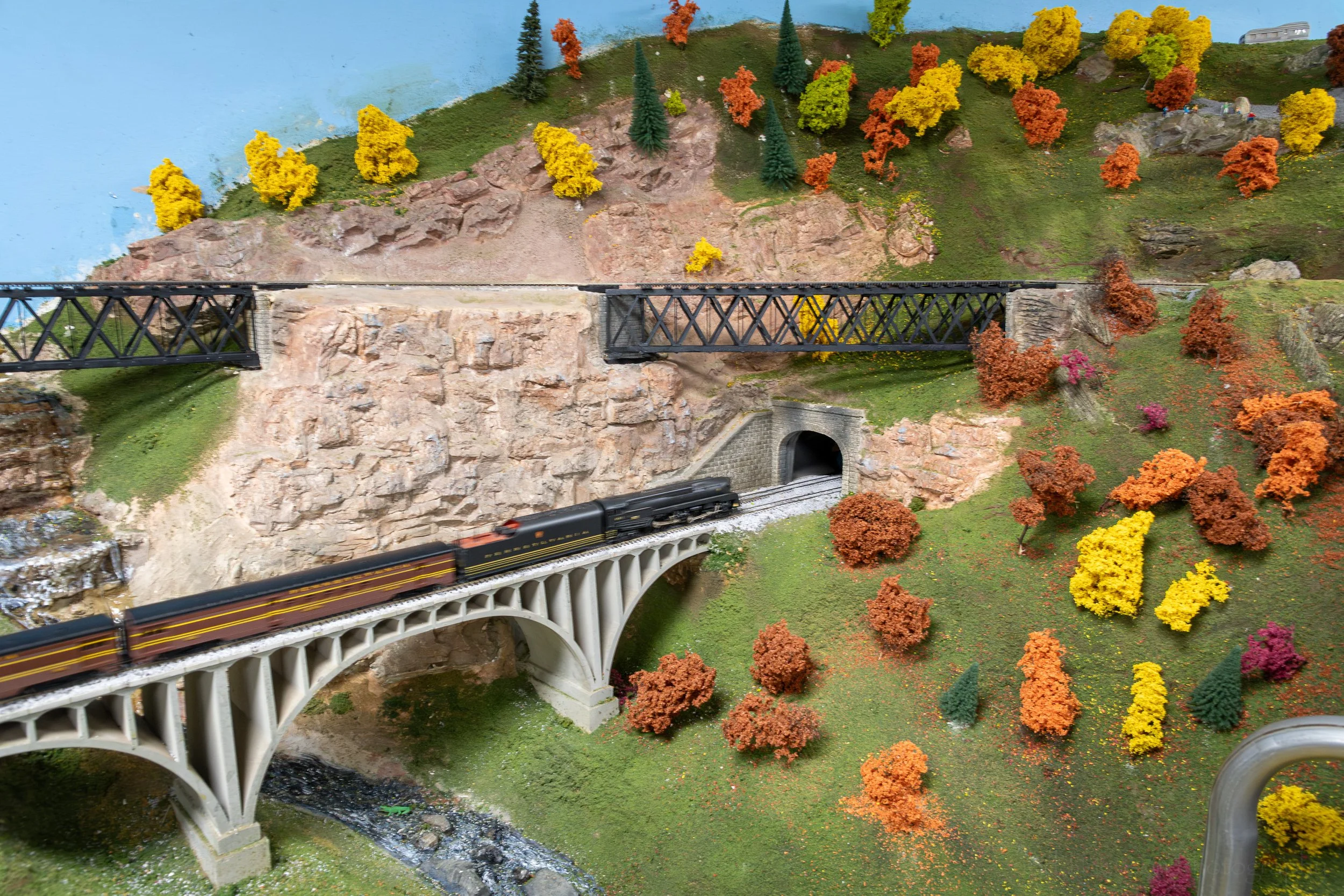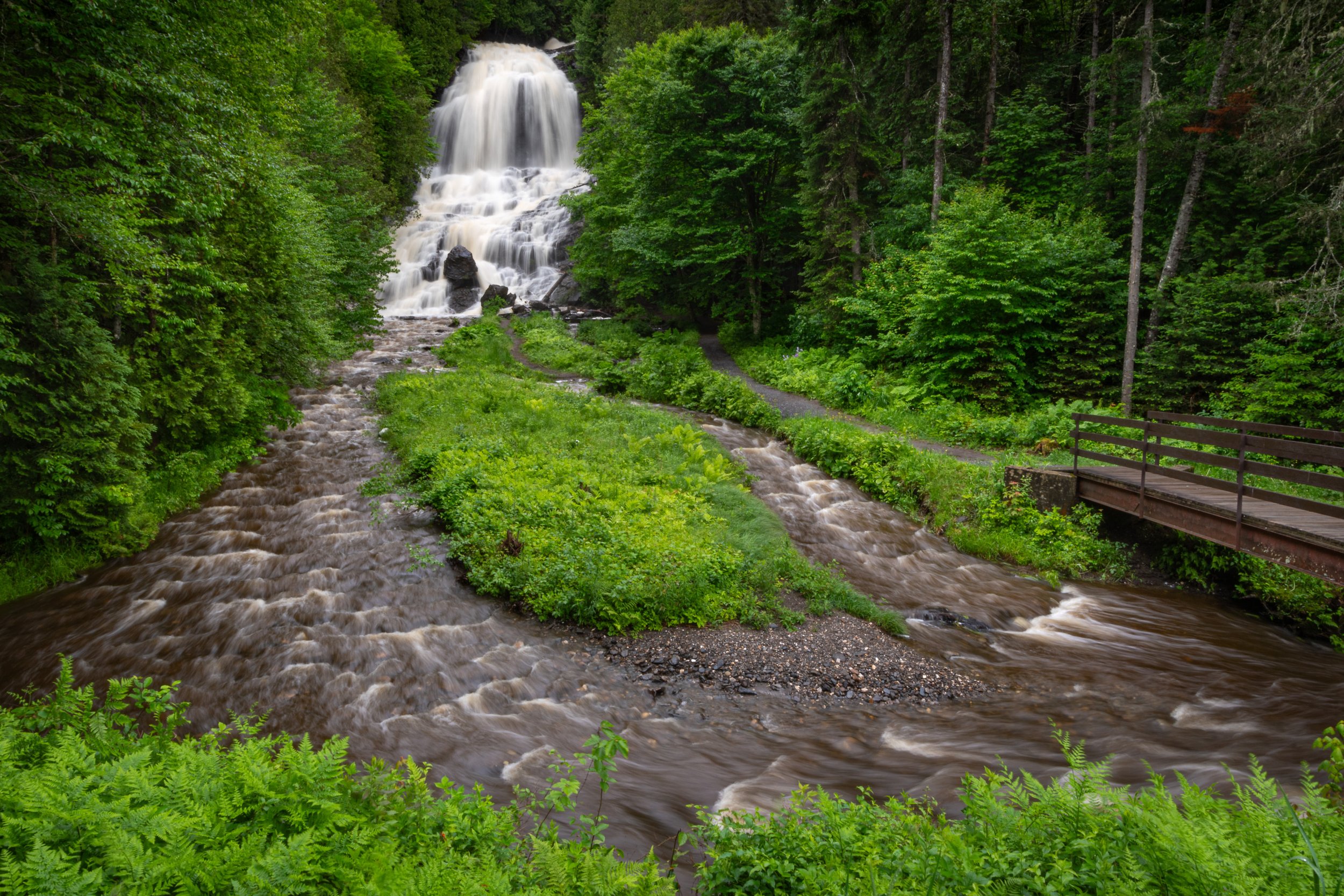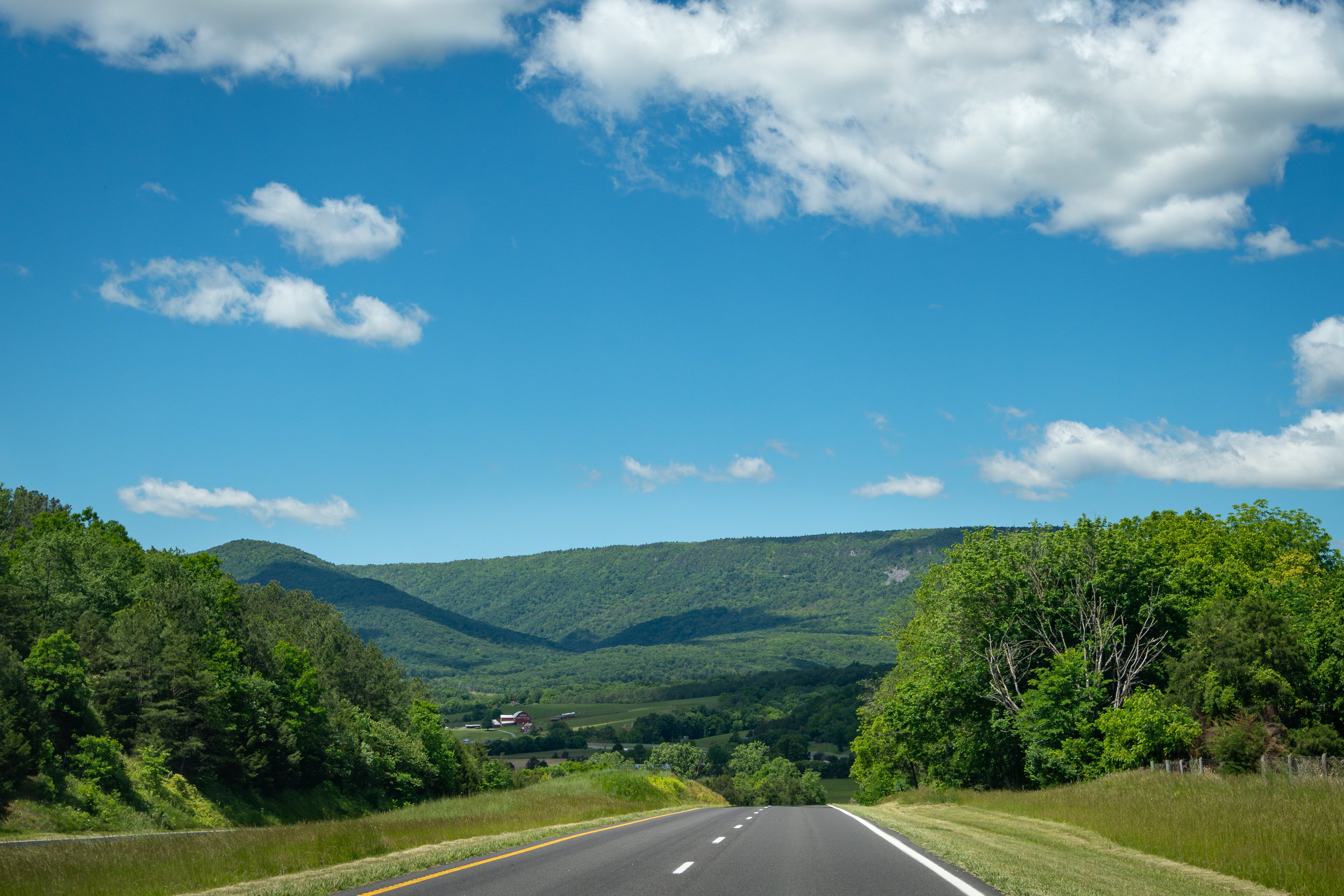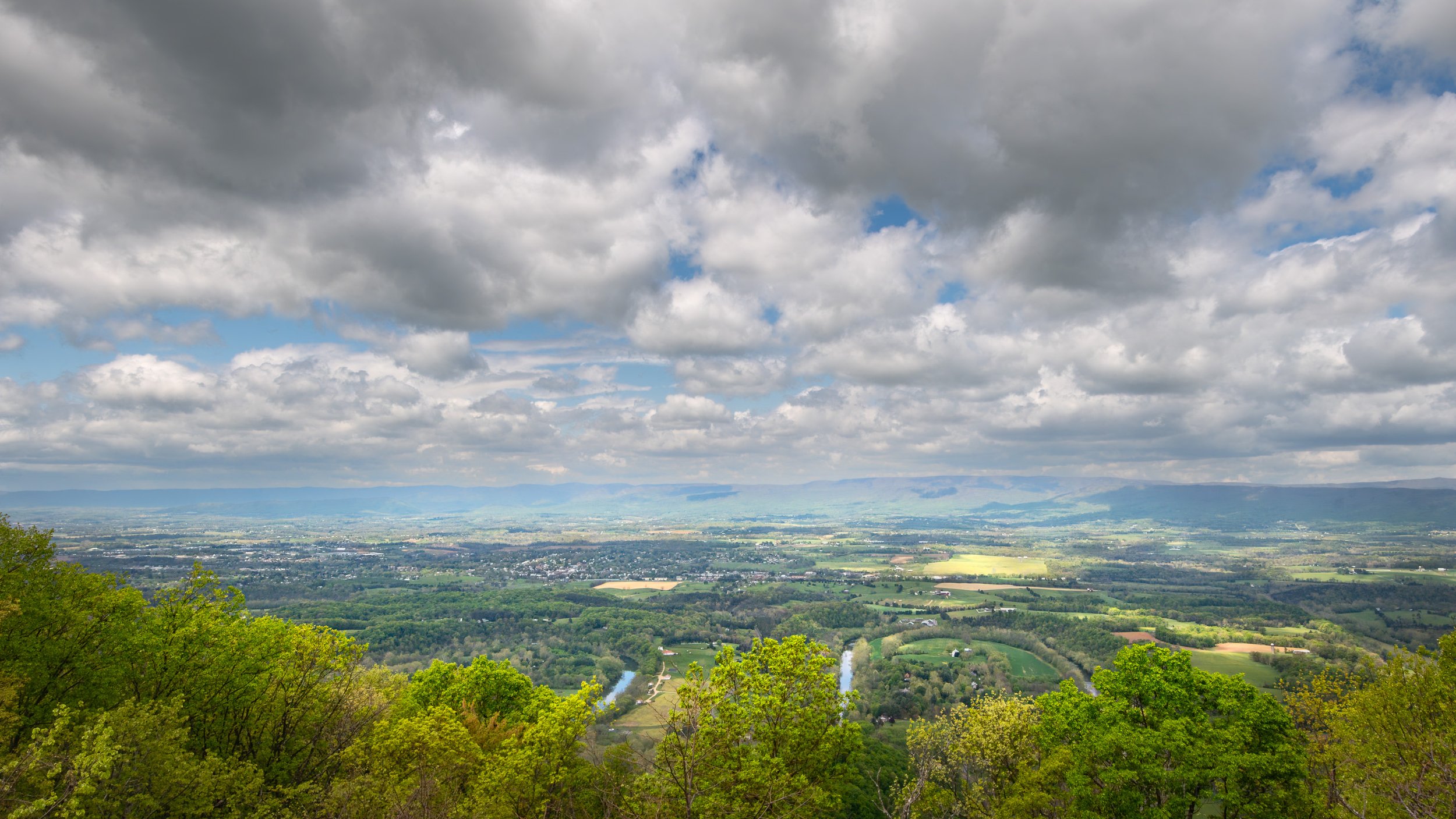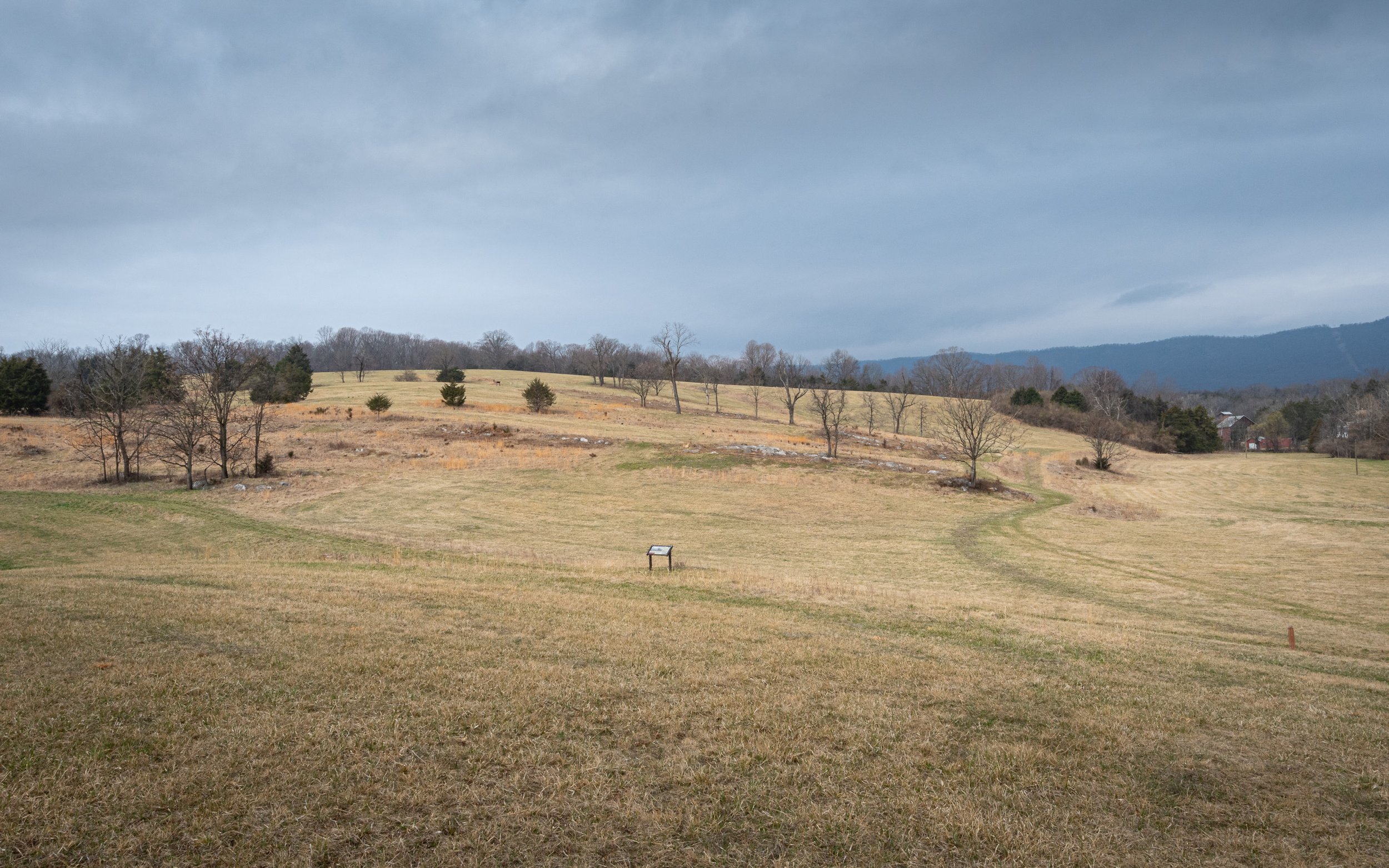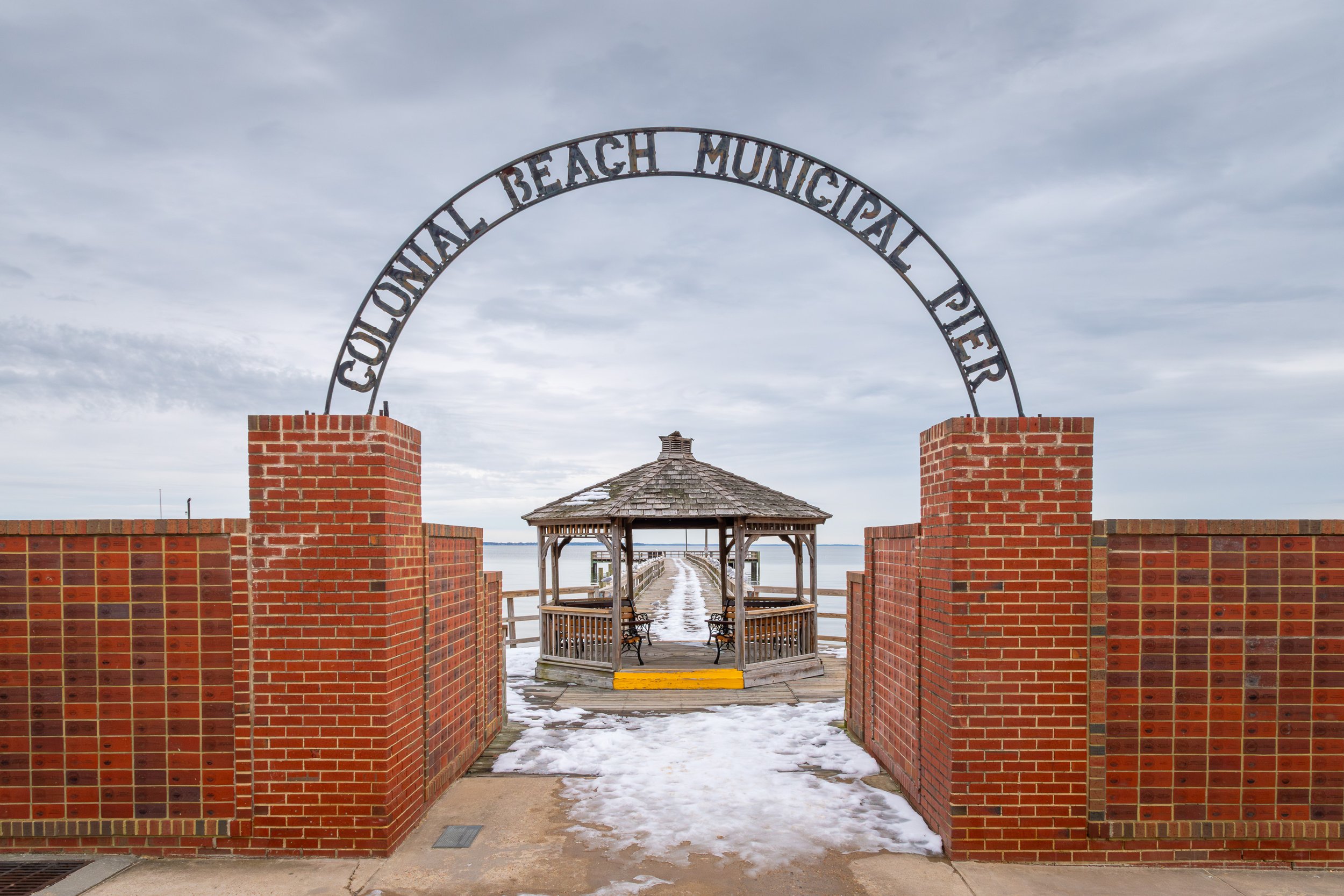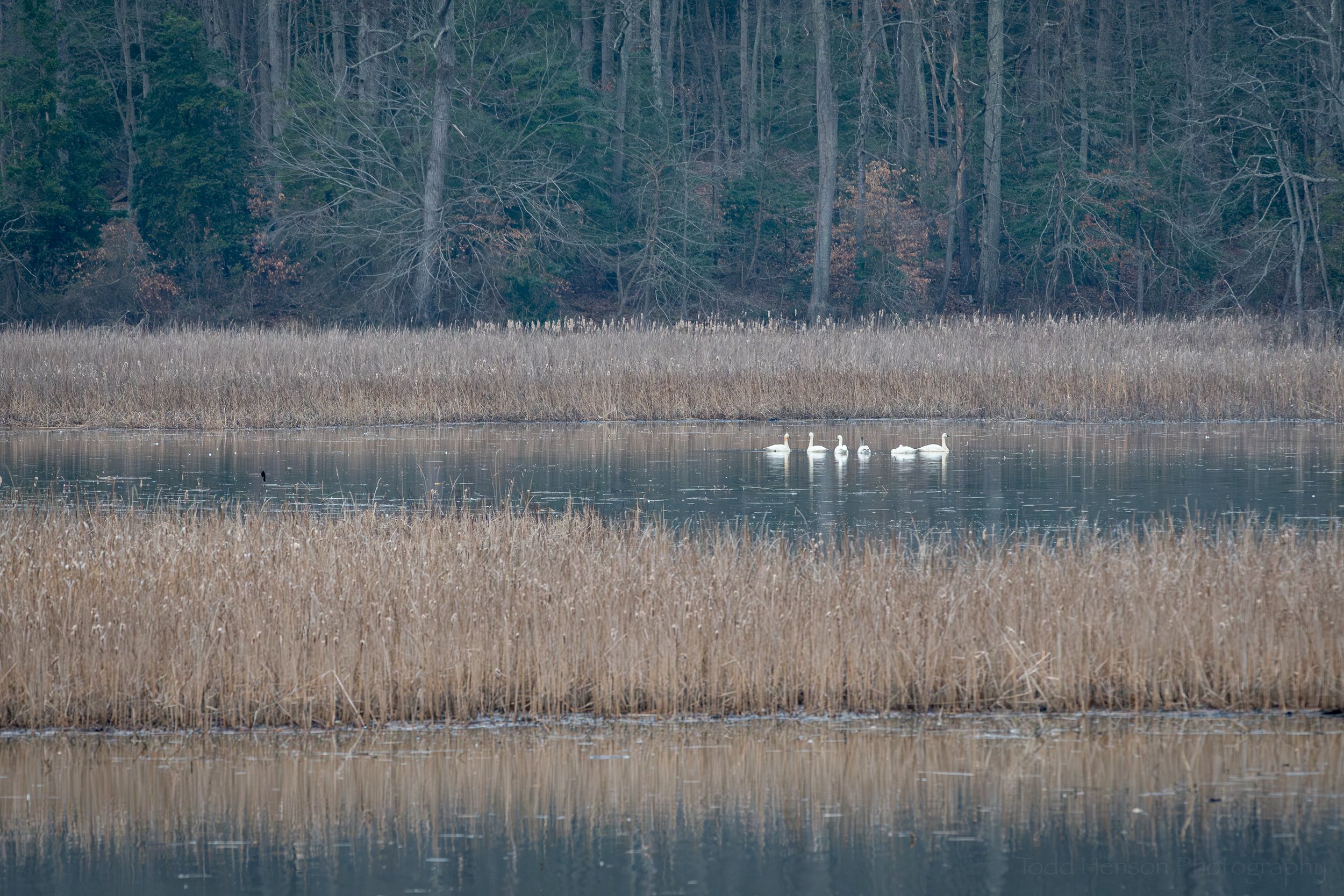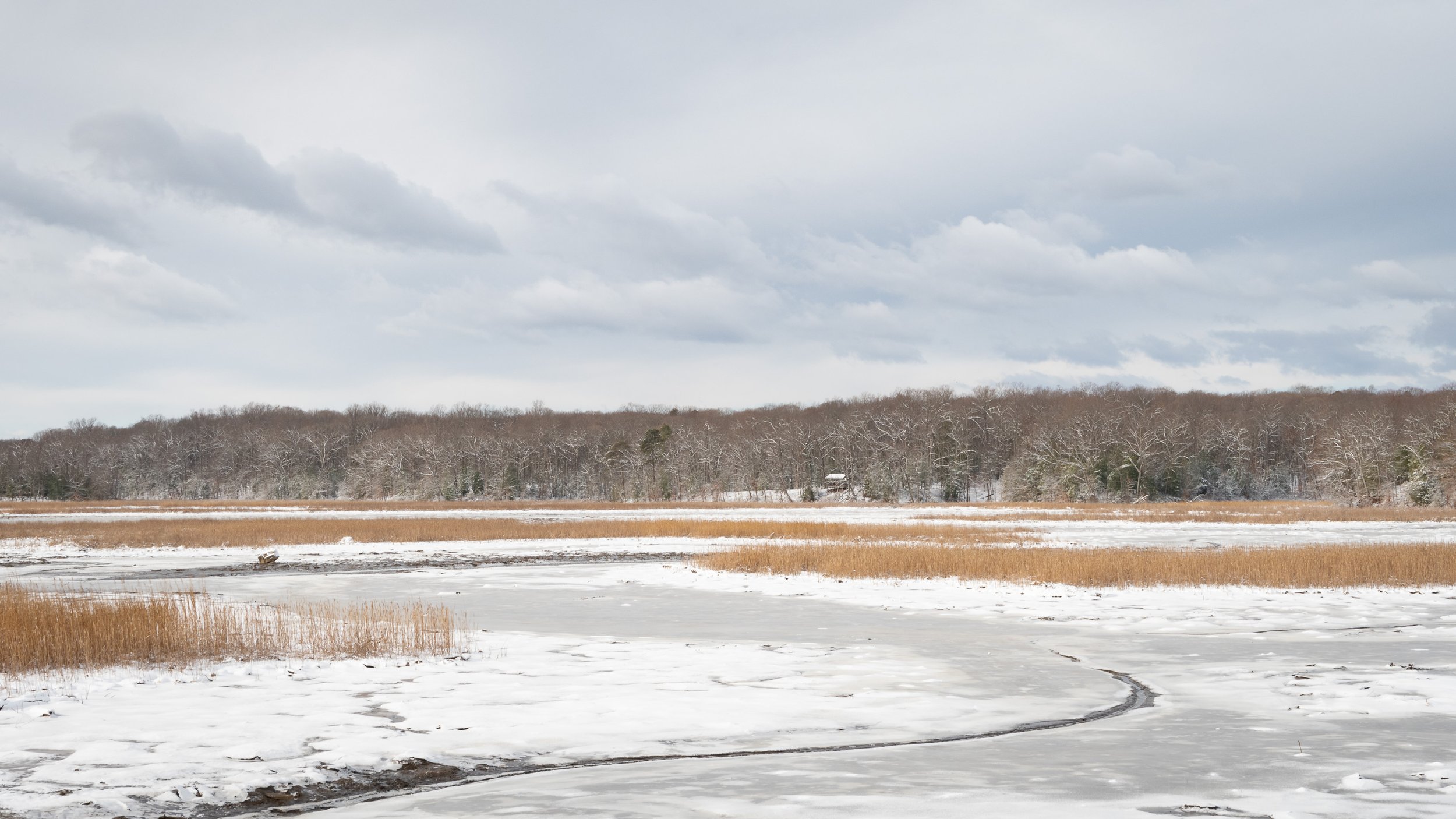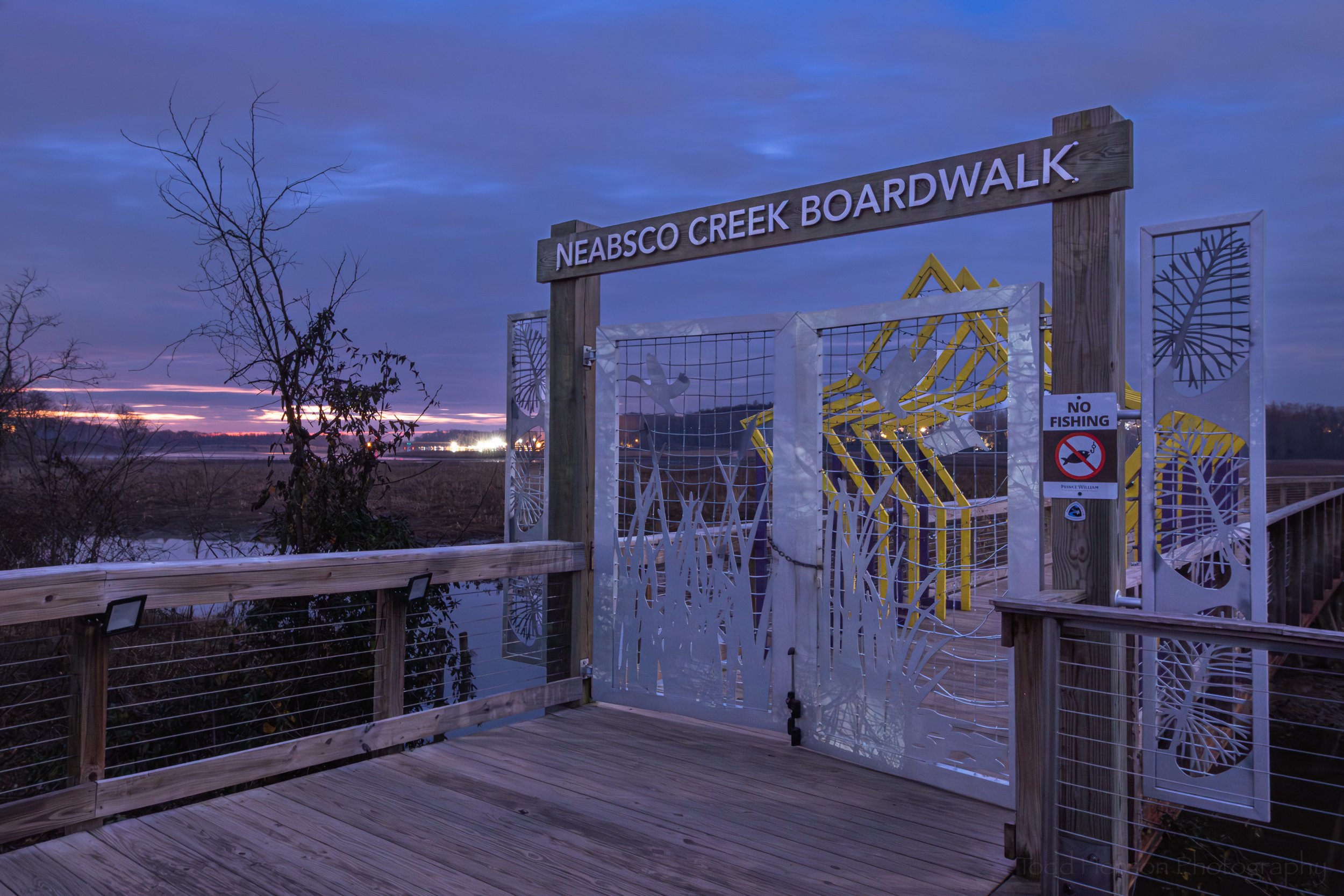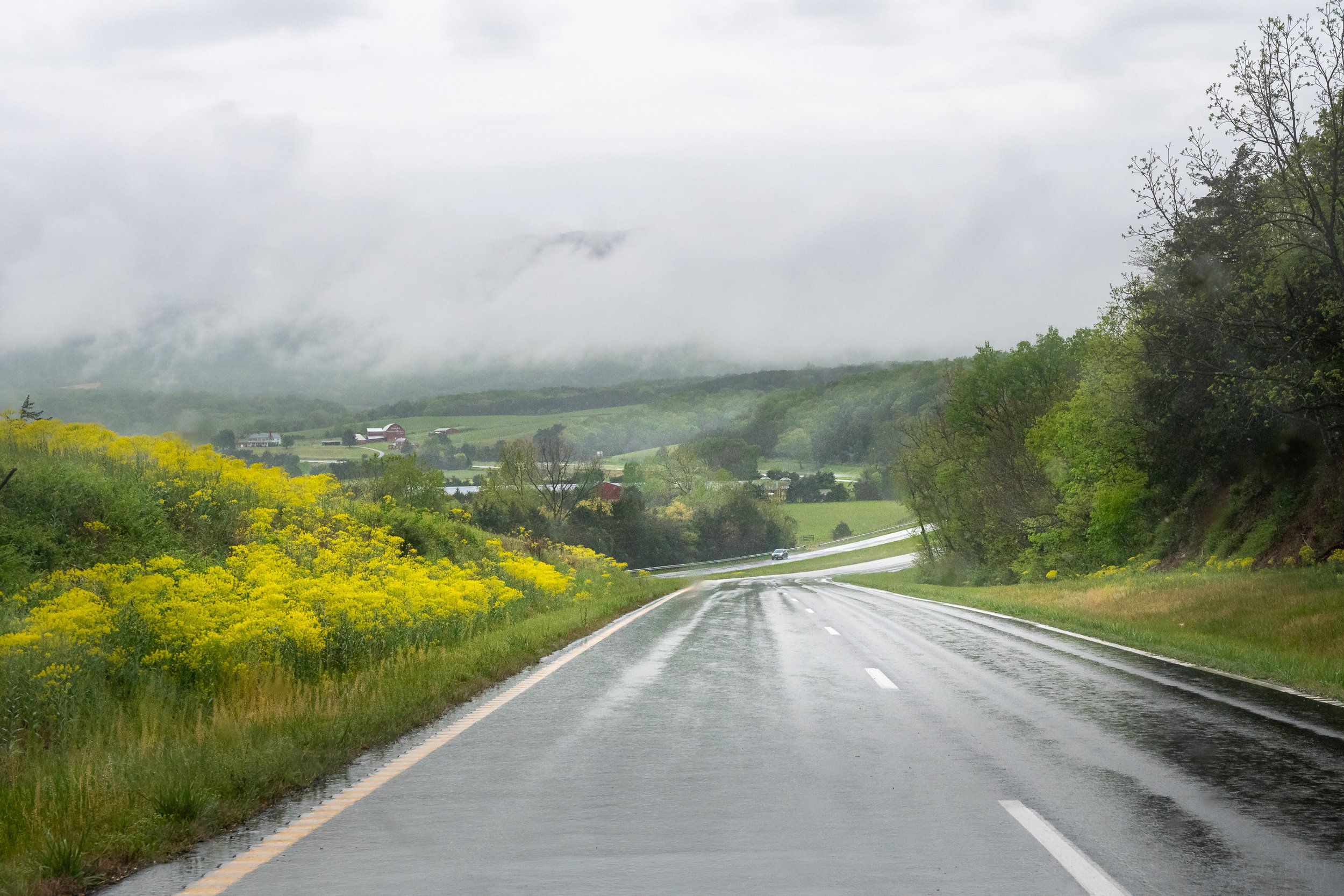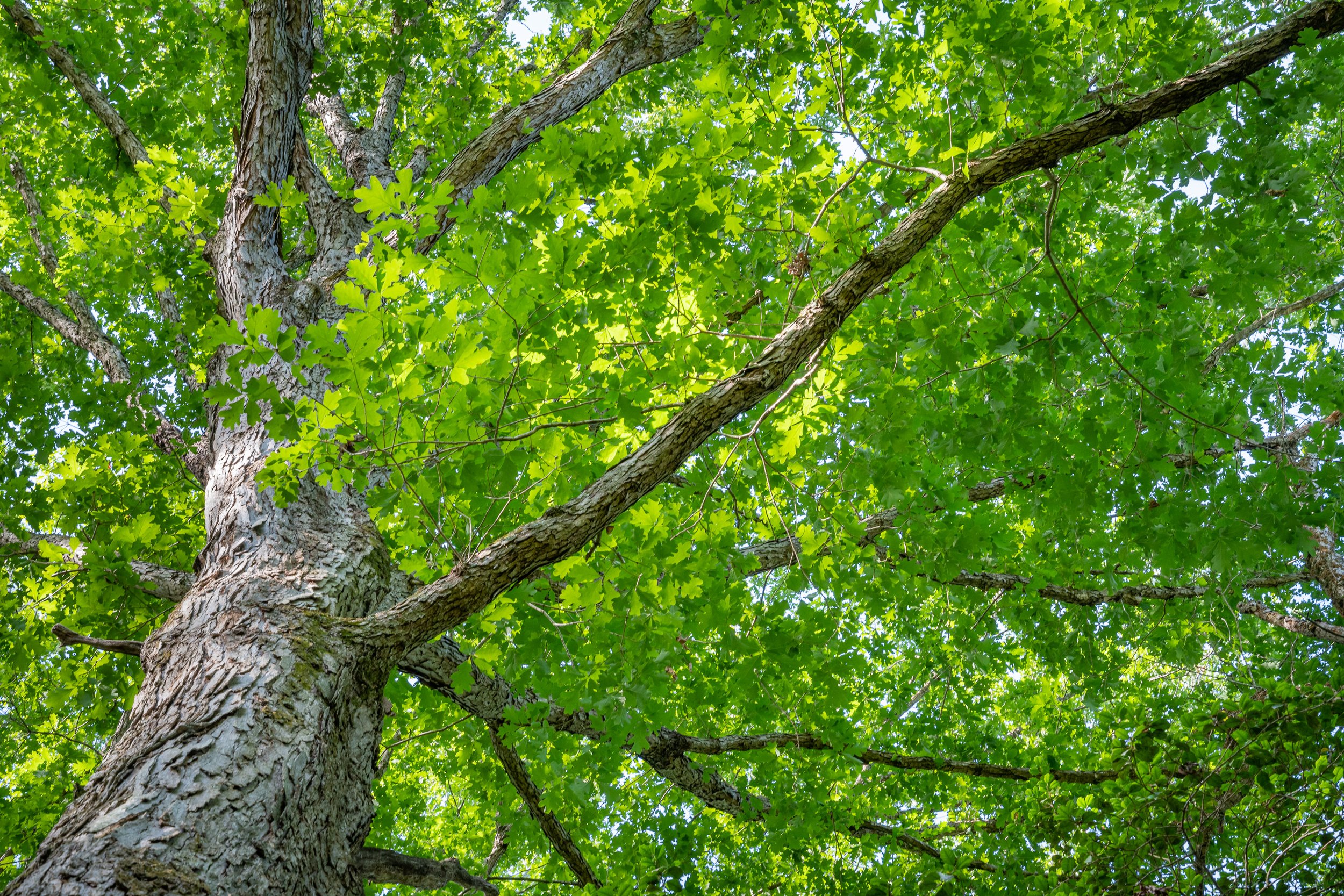An overcast sunrise over the Potomac River as seen from Leesylvania State Park
In late January my father and I picked Leesylvania State Park as our destination for a morning nature hike. We’d not been to that location in a while and there was the chance we might see some of the wintering over tundra swans closer to shore. We struck out as far as that goes. We didn’t see or hear a single tundra swan. But we did see a number of interesting birds.
None of these are stellar examples of bird photography. It was a grey overcast morning and the light was sometimes very uninteresting. In many cases I didn’t nail the focus. In most there is noticeable noise if you look closely enough. But none of this stopped us from enjoying a sunrise hike and taking advantage of the opportunity to observe and photograph some birds. Not every outing will result in stunning photography, but every outing can be an opportunity to practice photography, to practice identifying bird species, and to enjoy the simple act of getting together and going for a walk in nature.
Bufflehead Ducks
The first bird we noticed was a male bufflehead duck swimming in the waters just inside some rocks nearest to shore. Before long we realized there were two buffleheads, a male and female.
A male bufflehead duck swimming in the calm morning water
The male bufflehead has now joined a female
Great Blue Heron
When we began walking along the sandy river shore we spooked a great blue heron that had been standing in the waters near shore. I managed to capture an image of the heron as it flew away.
A great blue heron flying close to the surface of the water
Many Different Ducks
There were many groups of ducks in the distance, some at a very great distance. When I got home I was able to identify some. I believe there were ruddy ducks, which are fairly small and often swim with their tail sticking up. There were the buffleheads we saw above. The largest of the ducks were, I believe, canvasbacks. And I think there might have been some scaup. I suspect they were greater scaup but I they might have been lesser. Let me know if you’re good at identifying duck species and know for certain what some of these are.
I think the larger of these ducks are canvasbacks. The medium sized ones may be scaup, possibly greater scaup. And the smallest may be a couple of ruddy ducks.
The two smallest ducks on the left are ruddy ducks. The male bufflehead is on the right and the female just left of center. I believe the larger ducks are scaup, possibly greater scaup.
A group of what I believe are canvasback ducks taking flight.
I’m always entertained by how close some birds fly to the surface of the water.
Here we see five of the ducks, which I think are canvasback, flying over the surface of the river.
Downy Woodpecker
When we’d left the shore and followed the trail inland we noticed a flash of red while on a boardwalk over a marshy area. It turned out to be a single male downy woodpecker.
A male downy woodpecker in the dried grass and reeds on the ground
A slower shutter speed shows the motion of the downy woodpecker while pecking
Brown Creeper
Then I noticed movement on a tree, almost as if the bark were moving. Brown creepers can be easy to miss if they’re not moving, but thankfully they are often moving. They’re much easier to see when they turn to the side so you can see their profile. That white stomach stands out much better than their camouflaged brown back.
A brown creeper can be difficult to see if facing its back when it’s not moving. Thankfully, they’re usually moving.
A brown creeper in profile is much easier to see
Do you enjoy these posts?
Sign up to receive periodic emails with updates and thoughts. Don’t worry, I won’t spam you. And please consider purchasing artwork or products from my online store, and using my affiliate links in the sidebar to the right when shopping online.
I appreciate your support!

